When Audrey Carden and Eleanora Cunietti joined forces in 1996, they opened the Carden Cunietti store in Notting Hill, both as a base for their design practice and as a treasure trove of vintage pieces, homeware and textiles. Today, the shop has gone, but the award-winning design practice, with clients such as Noel Gallagher and Nikki Tibbles, goes from strength to strength, with projects from LA to the Cotswolds featuring their trademark love of deep, rich colour, sensual textures and relaxed, soothing spaces. Here, they reveal their style secrets...
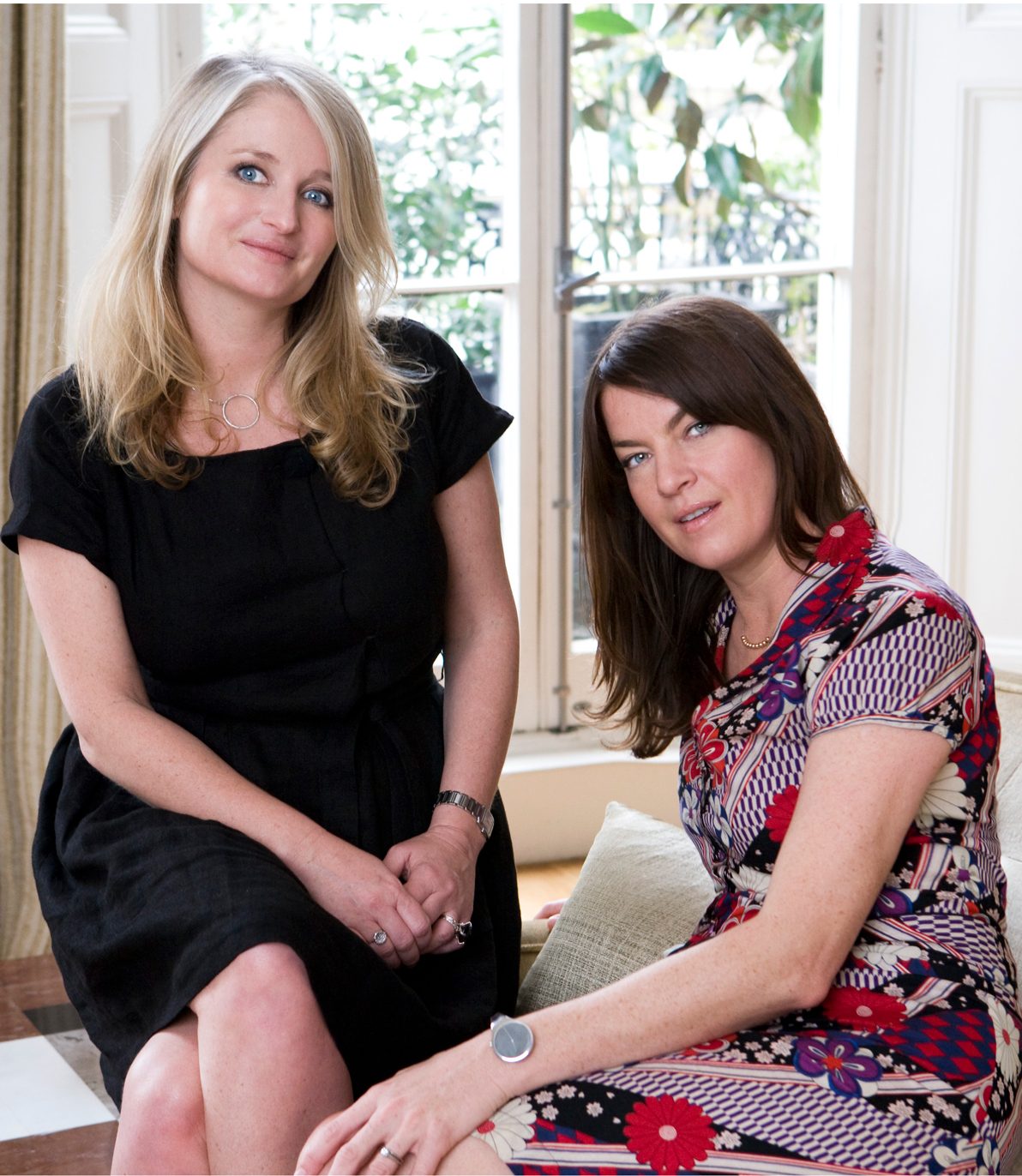
Do you have a signature look?
Rather than sticking to one idea, we have a universal aim – to create well-organised, comfortable spaces that people enjoy being in. Areas where they can immediately relax.
Why is this emphasis on comfort so important?
We take our cues from hotels, particularly because most of our clients travel a lot and they want the same level of ease they experience in a hotel in their home. This isn’t about aesthetics, but the nitty gritty of the conveniences. How the bathroom functions (is there enough counter space?), the bedside light switches (are they in the right position?). We learn from the mistakes some hotel designers have made!
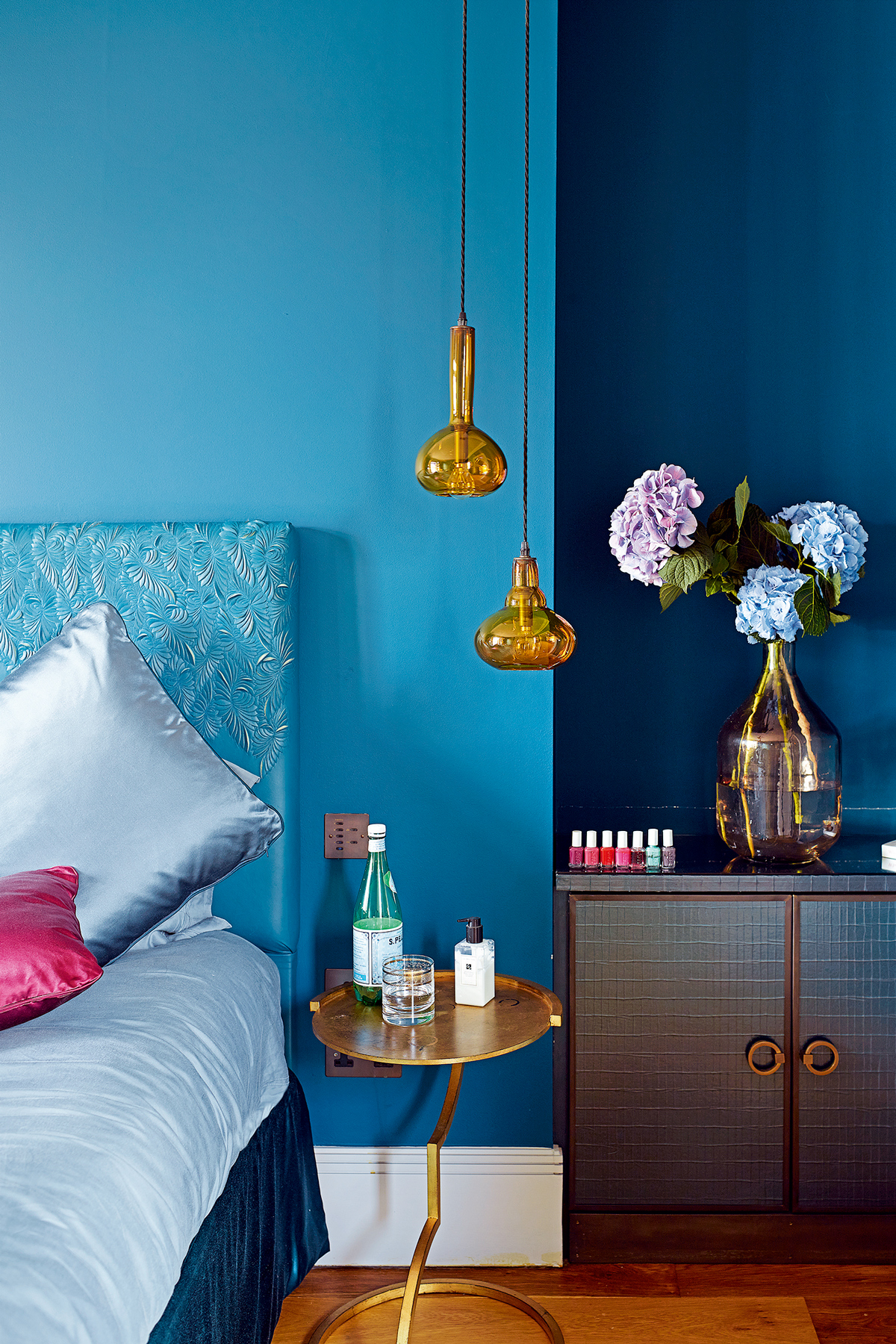
What’s your design mood for the moment?
We love to mix metal finishes, like chrome, brass and bronze, with textures such as bouclé linens, raw selvedge edging and a bit of sparkle (but nothing too shiny). Ethnic influences like Moroccan rugs are good too. There’s always an element of woven, bobbly and embroidered in the mix. It’s about bringing individuality to each space.
The Livingetc newsletters are your inside source for what’s shaping interiors now - and what’s next. Discover trend forecasts, smart style ideas, and curated shopping inspiration that brings design to life. Subscribe today and stay ahead of the curve.
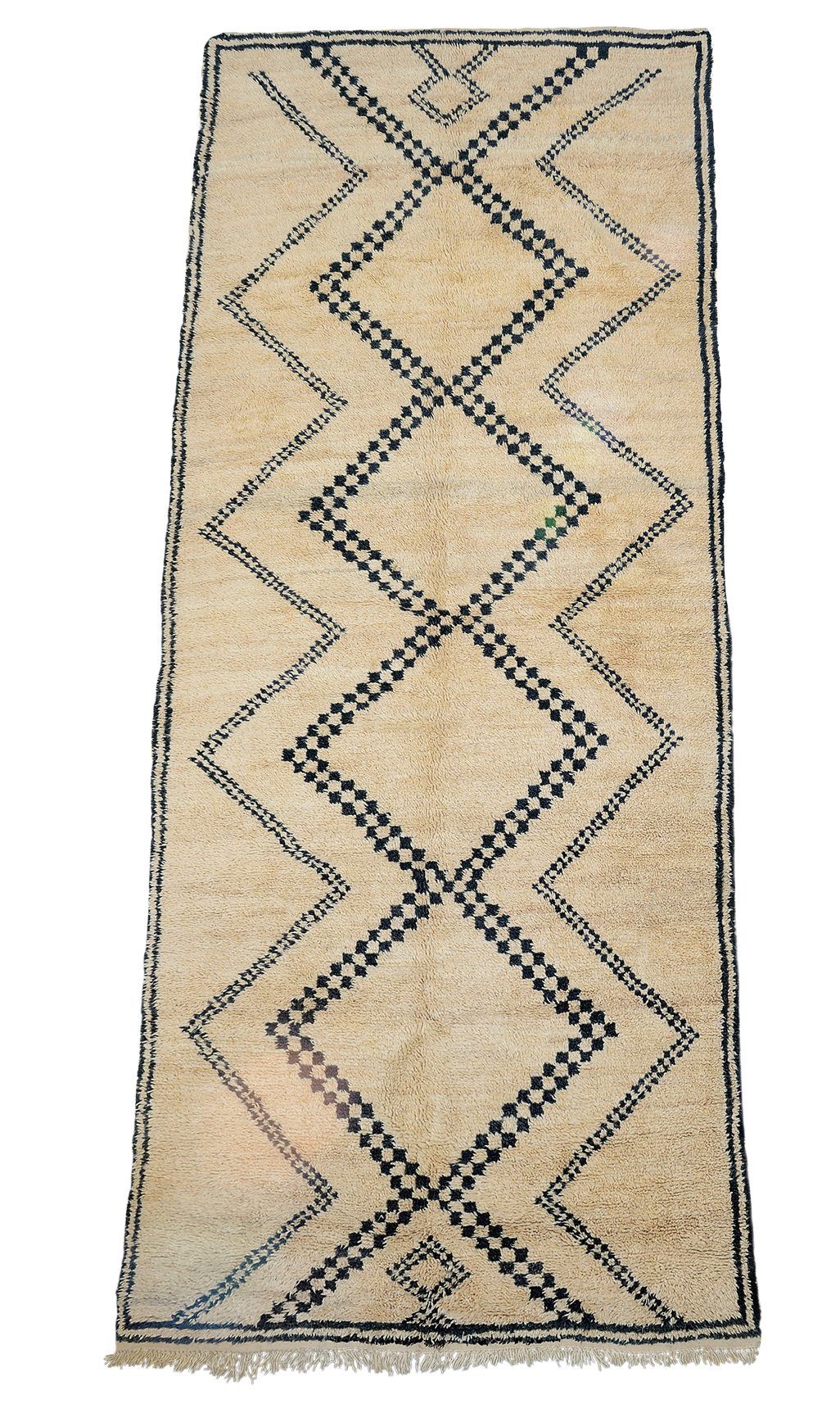
Where do you find unique pieces?
We like antiques fairs, from Montpellier to Kempton, and decorative fairs such as Chelsea Town Hall. 1stdibs is a great source for mid-century pieces. Each year, we do moodboards after visiting Maison &Objet in Paris and Salone del Mobile in Milan – seeing all the things we liked, it’s a great way to quickly spot colour or design themes to kick-start a scheme.
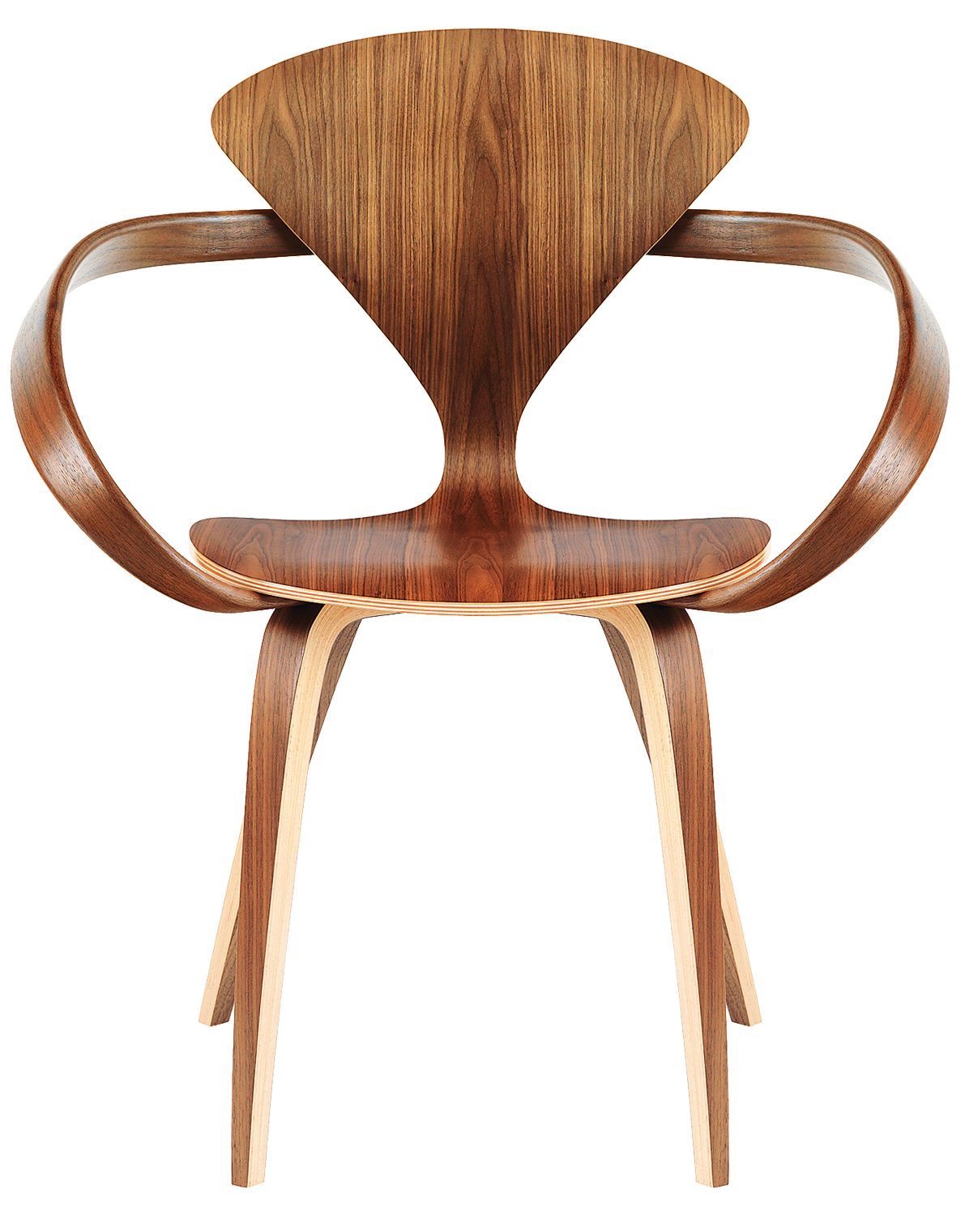
How do you get inside a client’s head?
We make them fill in a questionnaire – things like what side of the bed do they sleep on, who gets up early, do they like a bath or shower, how much hanging space do they need? It really helps us to plot out exactly what needs to be achieved in a space.
How do you bring a colour palette together?
We start with a base, a neutral usually, then layer it. Strong dark greys, warm beiges, cream and tan, or white as a backdrop all really bring pops of colour to life. We then stick to working with a few tones of the chosen colour spectrum throughout the house to maintain a sense of calm, consistency and flow. The one exception is doing a great guest loo – you can have as much fun as you like because it’s small and easy to change.
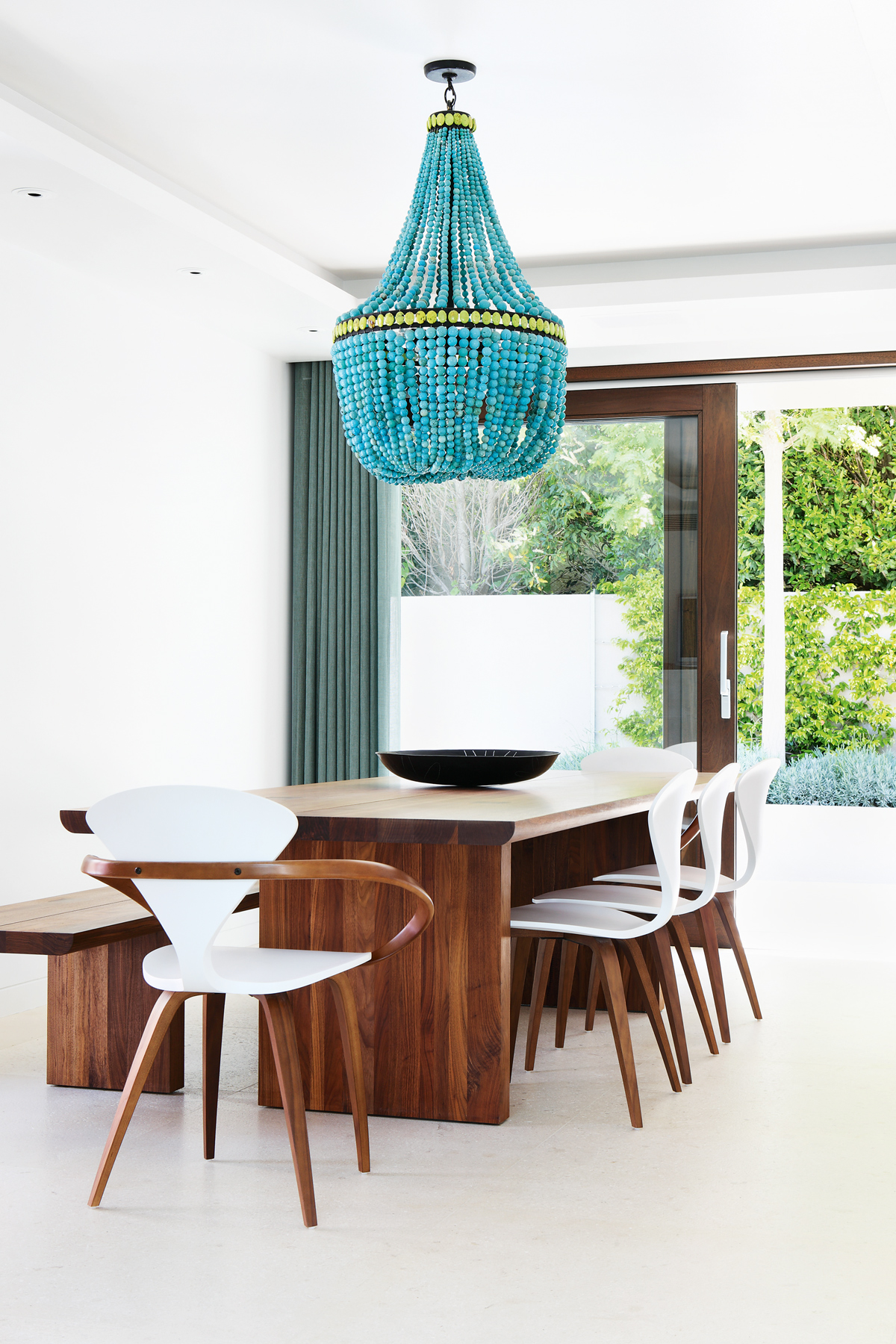
How do you marry old and new?
It’s vital in a traditional house to keep the cornices, ceiling roses and picture rails – these give a design scheme focus. If they get ripped out, it rips out the soul of the house too. If someone’s dying to do something modern, a boxy loft conversion orside return extension can co-exist well withan old house.
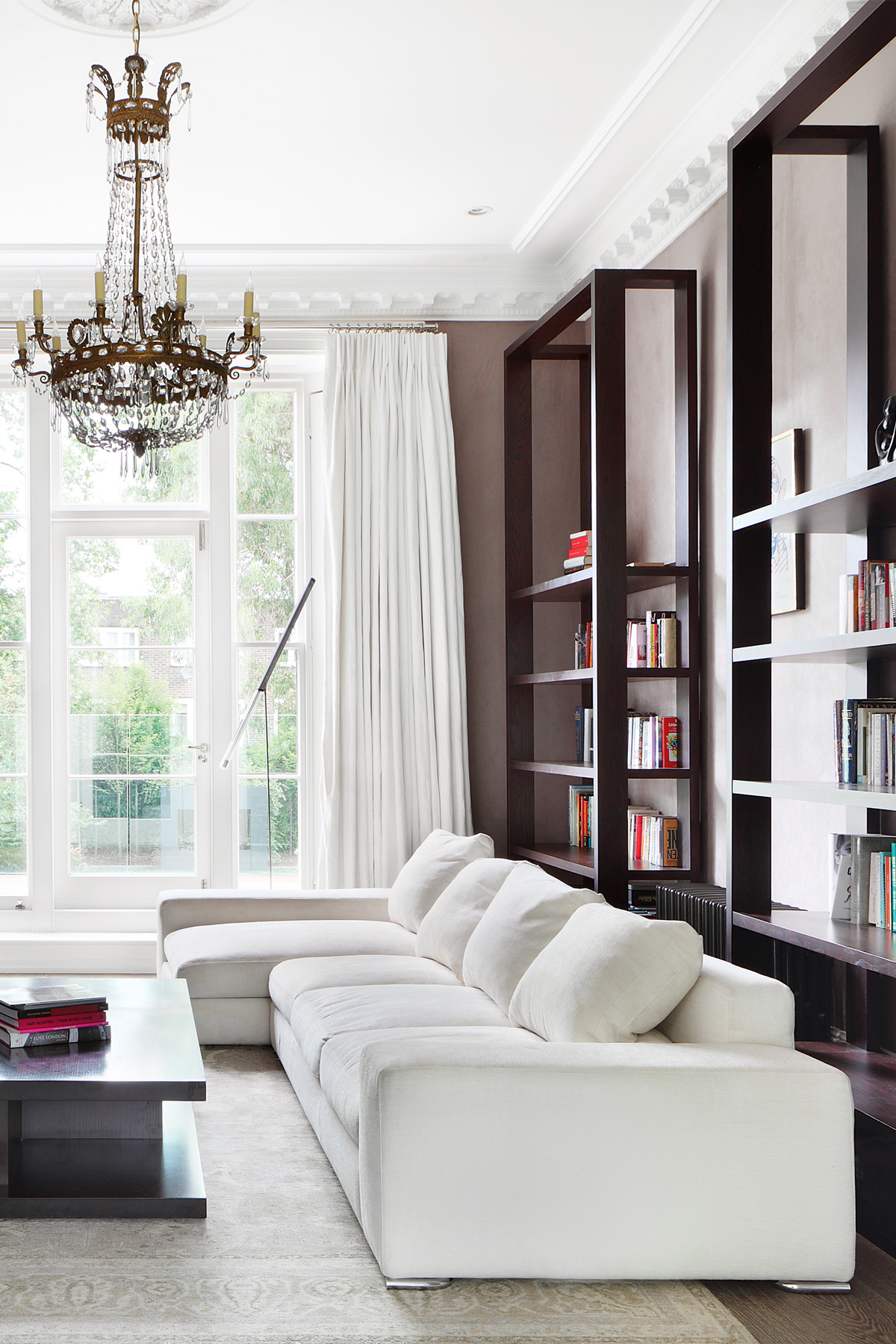
What’s worth investing in?
A lovely light fixture – such as a chandelier,placed centrally – can look like a piece ofjewellery. It makes you look up and carriesthe eye into the room. Bathroom taps are a small thing, but you use them all the time,so make sure you get them right – we likeDornbracht and Lefroy Brooks.
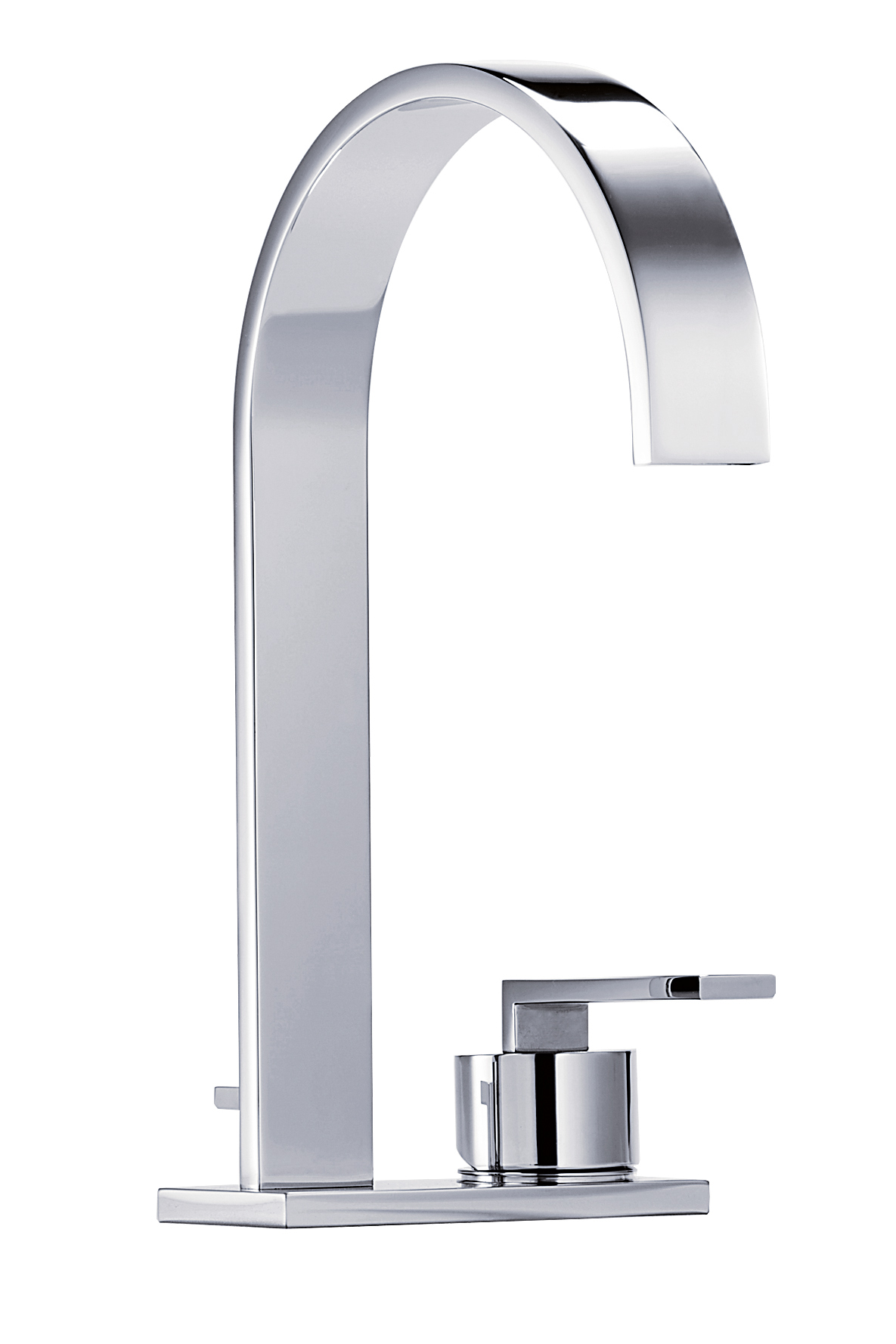
And how can you save some pennies?
Inexpensive rugs and blinds rather than curtains. Curtains work for living rooms or bedrooms with high ceilings, where you’re going to look at them all the time (or you need help with acoustics or insulation); in smaller spaces, they swamp the room. Save with simple white power sockets on white walls and skirting boards (and spend a little more on Perspex light plates if at eye level; try Forbes & Lomax). Ikea carcasses for kitchen cupboards with customised doors and worktops are great for very tight budgets.
What about flooring?
It can transform a room. Some unexpected marble on a kitchen floor can look like a rug. Two-tone herringbone parquet never gets tired, working well with other woods and stone. Forties Milano terrazzo tiles are always timeless and go with everything.
How do you keep things uncluttered?
Storage! Put it in wherever you can – under staircases, bay windows or beds. Having just the right amountof storage space keeps you focused on your edit.
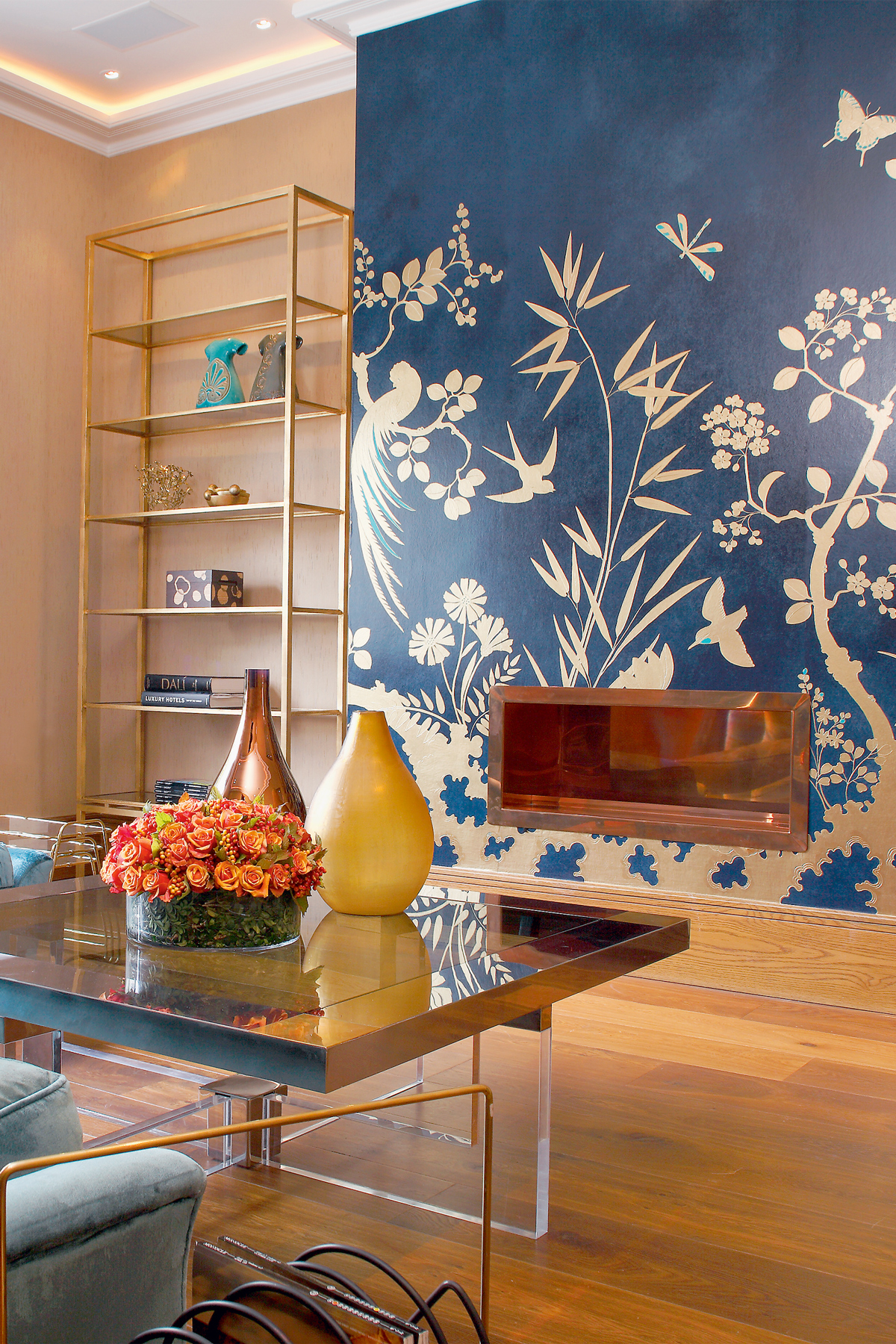
What’s the most unusual project you’ve had?
We’ve worked on a Gulfstream jet and luxury yacht. We also did a private football club for a Brit living in LA (he had his own football field). And we designeda nightclub in Ibiza, in a client’s house, which caters for 500 people, with a full bar and LED screens behind the DJ booth!
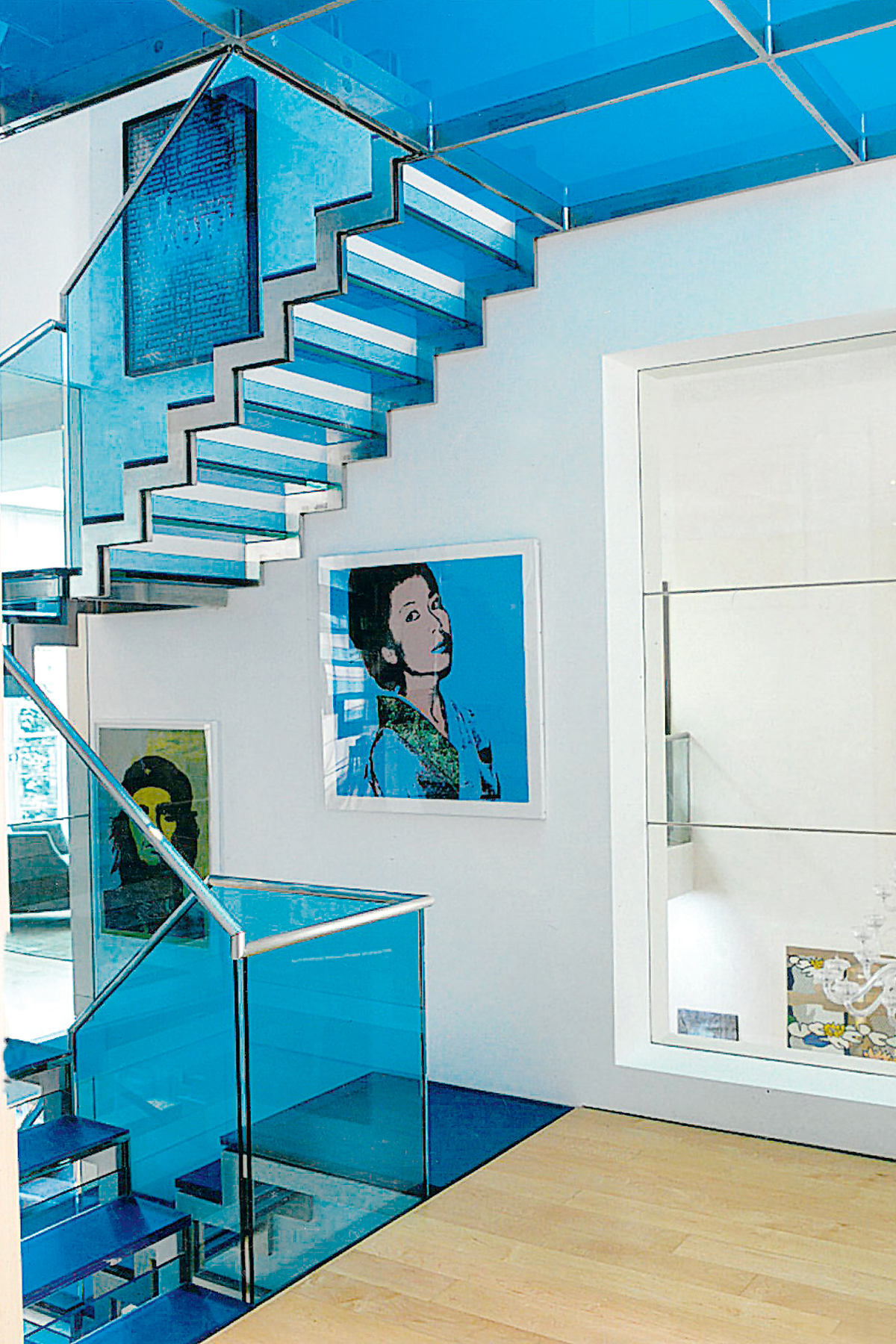
carden-cunietti.com
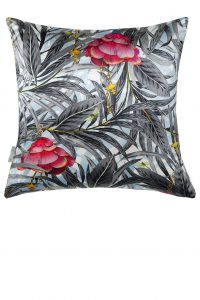
The homes media brand for early adopters, Livingetc shines a spotlight on the now and the next in design, obsessively covering interior trends, color advice, stylish homeware and modern homes. Celebrating the intersection between fashion and interiors. it's the brand that makes and breaks trends and it draws on its network on leading international luminaries to bring you the very best insight and ideas.